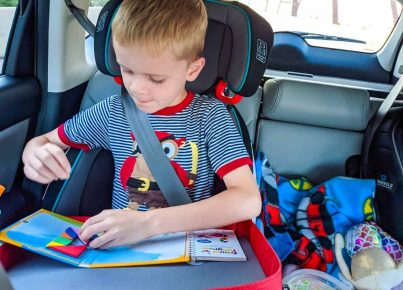Introduction
Developing social and emotional skills in children during their early years is critical to their overall well-being and success later in life. These formative years are a crucial period during which children begin to understand their emotions, form new relationships, and learn how to manage challenges. By fostering strong social and emotional development, parents, educators, and caregivers can set the stage for a healthy, happy, and resilient future.
The Importance of Social and Emotional Skills
Social and emotional skills encompass a broad range of abilities that allow individuals to navigate complex social situations, such as cooperative play, sharing, and empathy. These skills are deeply interrelated as they underpin a child’s capacity to form positive relationships with others and effectively cope with challenges in their environment.
Research has shown that well-developed social and emotional skills contribute to better mental health, academic performance, career prospects, and interpersonal relationships. Furthermore, these skills are essential for a child’s ability to regulate their emotions in real-time – helping them cope with stressors like bullying or challenging learning environments.
Strategies for Developing Social and Emotional Skills
1. Encourage open communication: Creating a safe space where children feel comfortable expressing themselves is crucial to developing strong social and emotional intelligence. Encourage young children to share their thoughts and feelings through age-appropriate discussions that promote self-expression.
2. Model appropriate behavior: Children are keen observers of adult behavior around them. Parents and caregivers should demonstrate empathy, active listening, respect, patience, cooperation in everyday interactions to provide an effective reference point for young learners.
3. Promote problem-solving skills: Encourage children to think critically about finding solutions to conflicts or challenges they face daily. By teaching kids to identify their emotions before acting upon them, we foster independent problem-solving habits essential throughout life.
4. Foster empathy: Teach young children the importance of understanding and respecting the feelings of others. Encourage acts of kindness, sharing, and perspective-taking to reinforce empathy’s value in developing healthy relationships.
5. Implement age-appropriate emotional regulation techniques: Equip children with effective strategies to manage strong emotions such as deep breathing, counting, or taking a break. Learning how to self-regulate promotes resilience and helps children navigate various situations effectively.
6. Engage in cooperative play: Group activities and opportunities where children have to work together help develop social skills, teamwork, and cooperation. Incorporate more playground games, sports activities, or group projects in their daily routine.
7. Support positive relationships among peers: Encourage friendships by arranging playdates, group outings, or community events where your child can interact with other children of a similar age.
Conclusion
Investing time and energy into promoting the development of social and emotional skills during the early years has significant long-term benefits for children’s overall well-being. An intentional effort from parents, caregivers, and educators can foster a strong foundation for lifelong success by building resilient individuals capable of healthy social interactions, emotional regulation, and effective problem-solving strategies.





